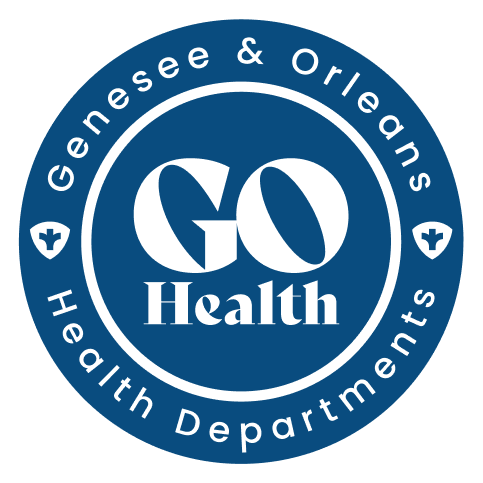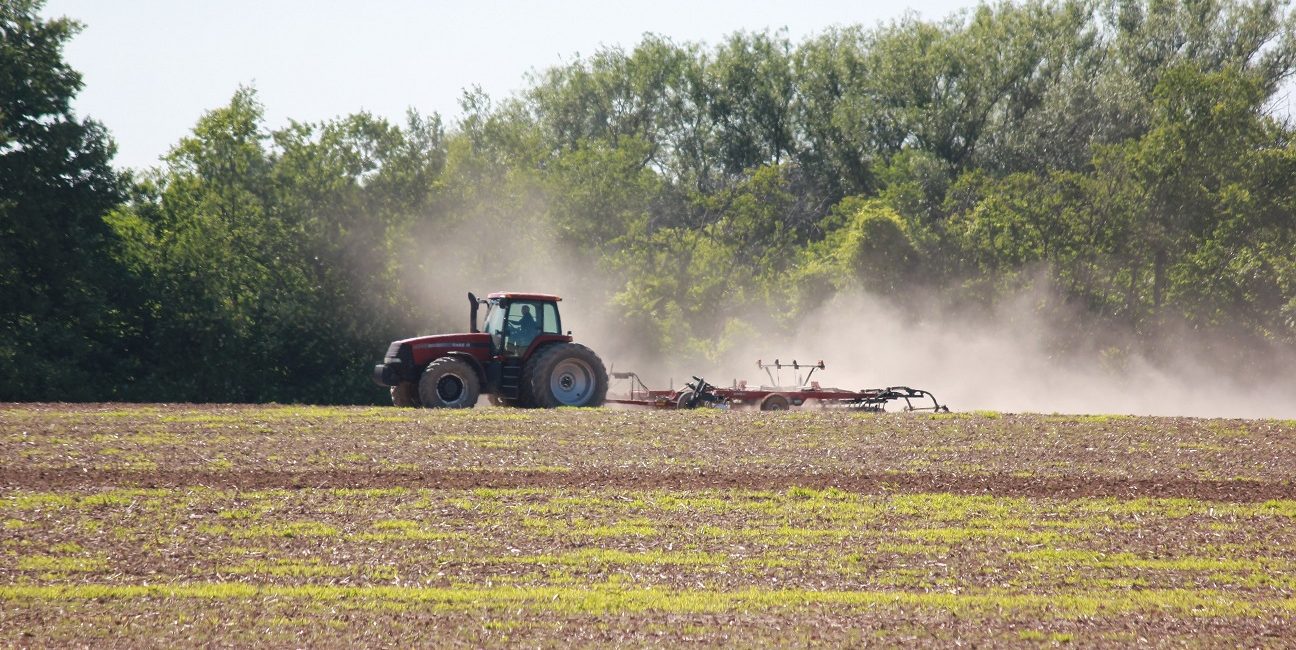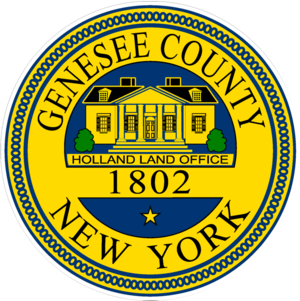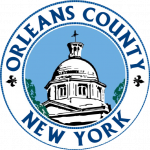There are fees associated with many of the services provided by the Environmental Health Division including, but not limited to, permits and plans for Campgrounds, Children’s Camps, Food Service Establishments, Indoor Tanning, Migrant Farmworker Housing, Mobile Home Parks, On-Site Wastewater Treatments Systems (OWTS), Public Water Supply, Swimming Pools & Bathing Beaches, Temporary Residences, etc.
Genesee County Public Health E-Payment Service
The Environmental Health Division is responsible for investigating all reported mammal bites and saliva exposures to prevent the spread of the rabies disease to humans. Staff provides alerts, education and outreach and coordinates post exposure treatments for members of the community. In addition, they coordinate free rabies vaccination clinics for dogs, cats, and ferrets.
The Community Sanitation & Food Protection program is responsible for the inspection and general sanitation and safety of facilities, including but not limited to, Agriculture Fairgrounds, Bathing Beaches, Campgrounds, Children’s Camps, Migrant Farmworker Housing, Mobile Home Parks, Swimming Pools, Tanning Facilities and Temporary Residences (Hotels and Motels). In addition, we ensure that Food Service Establishments are regulated in order to enforce standards and protect the community from foodborne illness. Environmental Health issues health permits and conducts routine inspections of all regulated programs to ensure code compliance.
Lead (Pb) is a naturally occurring metal that has been used in a wide-variety of products including paint, gasoline, plumbing materials, ceramics, batteries, cosmetics, and more. In recent decades, the federal government has phased lead out of many of these products, due to the hazards lead poses to our health. For example, the manufacture of lead-based household paint was banned in 1978 and the use of lead in gasoline, which began to decline in 1973, was eliminated by 1996.
Environmental Health ensures that public water systems are designed and constructed to protect neighborhoods and county water resources. The Health Department conducts surveillance sampling of all community (cities, villages, mobile home parks) and non-community (restaurants, hotels) water supplies to minimize potential hazards and ensure that drinking water is safe. We conduct drinking water well inspections for house property transfers and permit new drilled well construction.
Environmental Health is responsible for the design of onsite wastewater treatments systems (septic systems). They assist homeowners with obtaining permits before installing a new OWTS, repairing or replacing an existing system and inspecting OWTS upon house property transfers.
The Environmental Health division enforces the NYS Clean Indoor Air Act (CIAA), which prohibits smoking in nearly all public places and worksites. They investigate complaints regarding smoking in public places to determine compliance with the law. We also enforce the Adolescence Tobacco Use Prevention Act (ATUPA), which regulates the sale of tobacco products with the goal of restricting access by youth and young adults. We conduct compliance checks of retail tobacco dealers to verify that tobacco products are not being sold to underage buyers.
Radon is a colorless, odorless gas that seeps into your home through cracks in the foundation, walls, and joints. It can be found in well water and dirt floors. Whether your home has a basement, sits on a slab, or is new or old, radon can build up and go undetected. According to the Centers for Disease Control and Prevention (CDC), radon is the second leading cause of lung cancer and causes 21,000 deaths each year in the United States.
For more information on radon, click here.
The Genesee and Orleans County Health Departments have adopted a Local Sanitary Code, in addition to, and including, the Subparts of the New York State Sanitary Code. The Rules and Regulations of our Local Sanitary Code declare policies including but not limited to: Nuisances and General Sanitation (insects/rodents), Water Supplies and Sewage, Construction Approval and Food Training Requirements.
Other education, information, and services provided by Environmental Health include:
Radon, Bed Bugs, Cooling Tower Requirements & Legionella, FOIL applications, Health and Safety in the Home, Workplace, and Outdoors, Mold, Lyme Disease, Ticks, etc.





